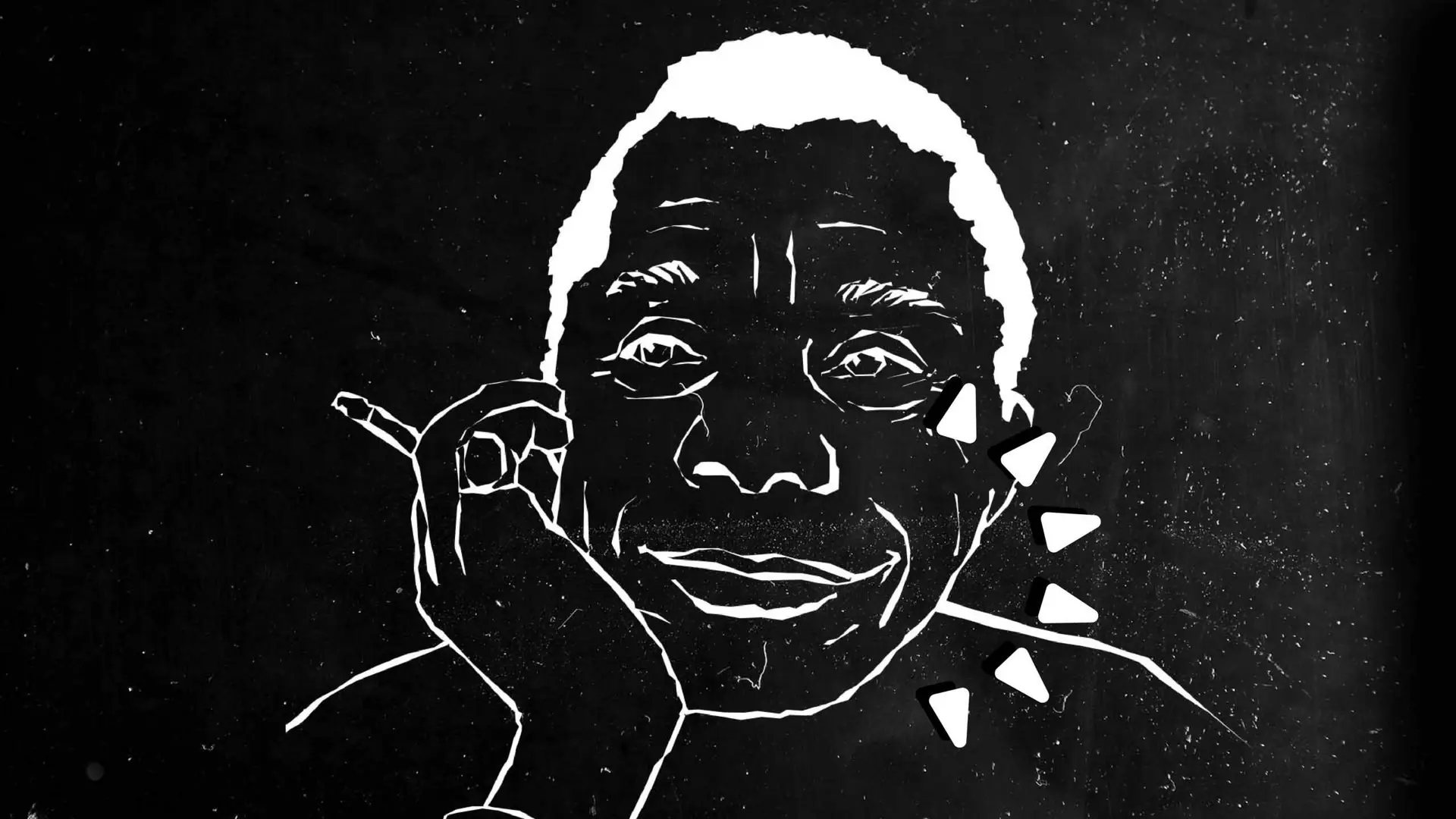When was the last time you met an affluent person whose kids went to an underperforming school?
How about the last time you heard of an upper income neighborhood having lead in their water?
When was the last time you knew a wealthy person who had to live in a food desert (okay, maybe a gentrifier perhaps, but that’s a different article)?
The point is this… Access to money provides access to a quality life.
The people in this country who disproportionately lack access to wealth – mostly Black, Brown and Indigenous – are the ones who experience the greatest disparities in health, housing, education, employment, business growth and more.
One of the greatest myths that hold racism firmly in place is the belief that wealth is earned. This allows people to believe that those who don’t have it (Black, Brown and Indigenous) don’t deserve it because they are not willing to do what is necessary to earn it.
In truth, 50% of wealth in this country is passed down from father to son (mostly white fathers to white sons). A nation built on inheritance, is not a meritocracy. It’s an aristocracy.
Because racial segregation and discrimination were legalized during our nation’s major economic booms, most wealth is locked in white society in the way of home and business equity, stocks, and other assets. The financialization of markets in the 1980s created new ways for the wealthy to protect and grow their money. This combined with the fact that the nation remains largely segregated results in few capital flows into communities of color.
In truth, 50% of wealth in this country is passed down from father to son (mostly white fathers to white sons). A nation built on inheritance, is not a meritocracy. It’s an aristocracy.
This sort of capital hoarding is especially on display in places like Silicon Valley where 96% of venture funding goes to white male-led startups despite the fact that white men comprise merely 30% of the population and that on average, diverse-led firms deliver outsized returns. In the words of Julia Ott, Assistant Professor of History at The New School for Social Research, venture funding best serves to “buoy and protect white wealth”.
And despite notions of our economy enabling fair access to the American dream, researchers agree that there is relatively little social mobility in this country meaning, despite the effort applied, people tend to remain in the social strata to which they were born.
At BIA, we are clear, entrepreneurship and ownership strategies more broadly, present our best shot at closing the 228 year racial wealth gap. For this reason, we call on the monied class – especially philanthropies and philanthropists who care about creating healthy and thriving communities to invest in Black innovation and entrepreneurship. As the good book says, “money solves all things”. By enabling Black wealth creation, philanthropy can more effectively shift from a charity mindset to an empowerment one by helping the Black community and other marginalized groups to build the sort of wealth that enables us to control our own destinies.



